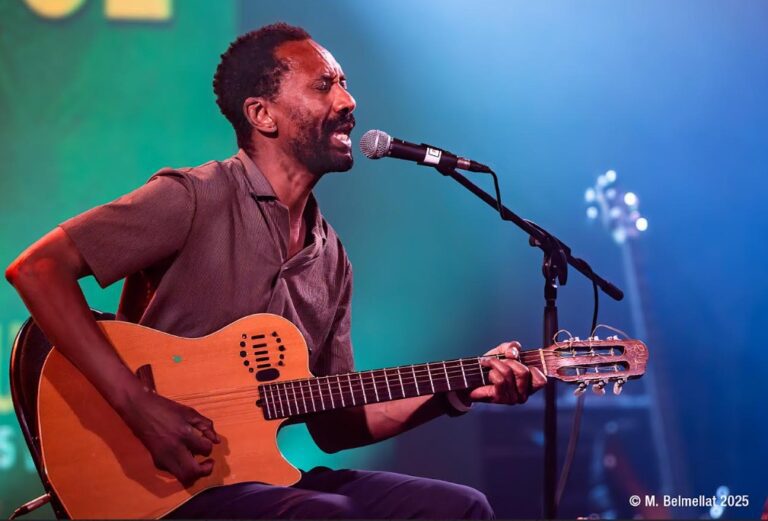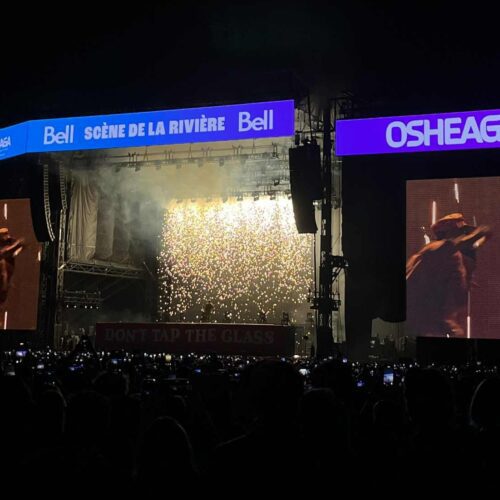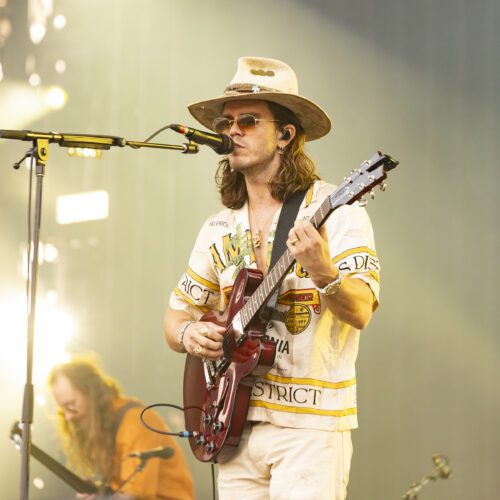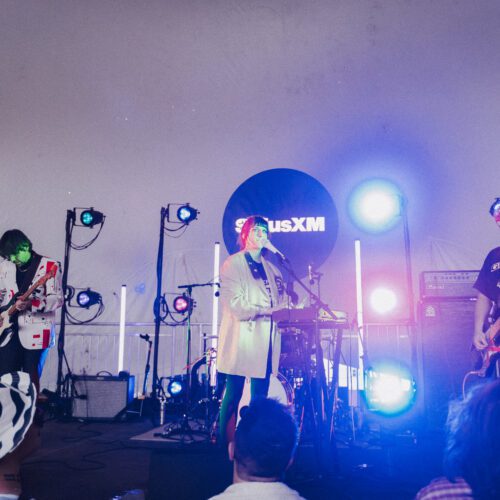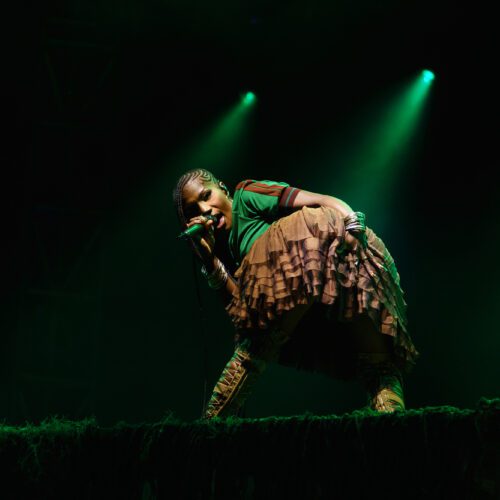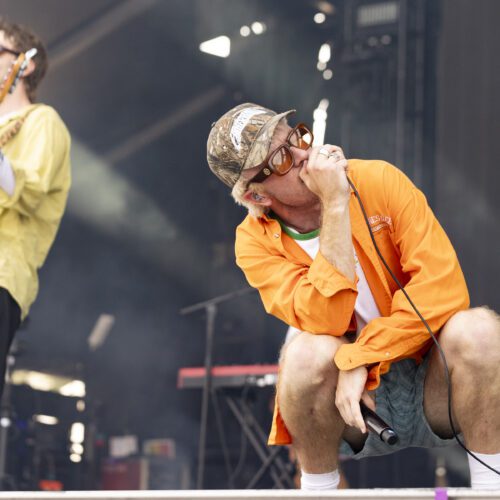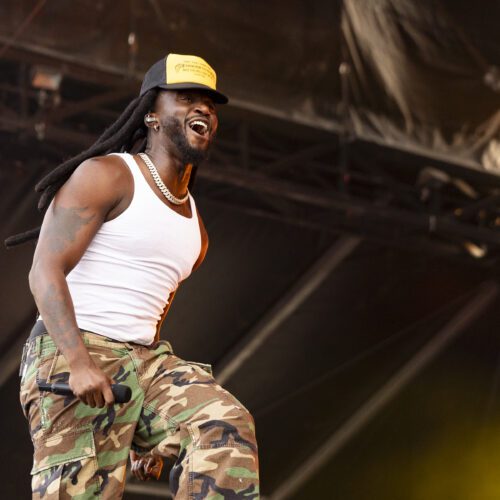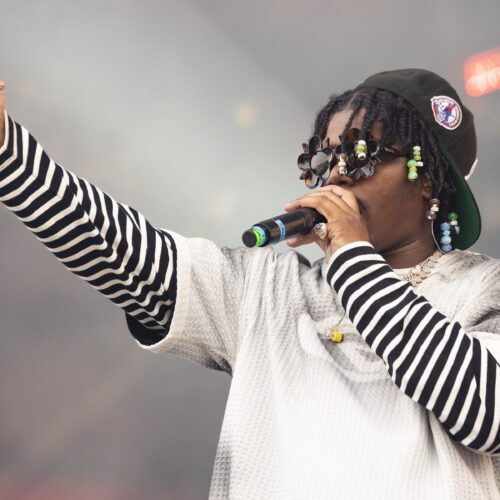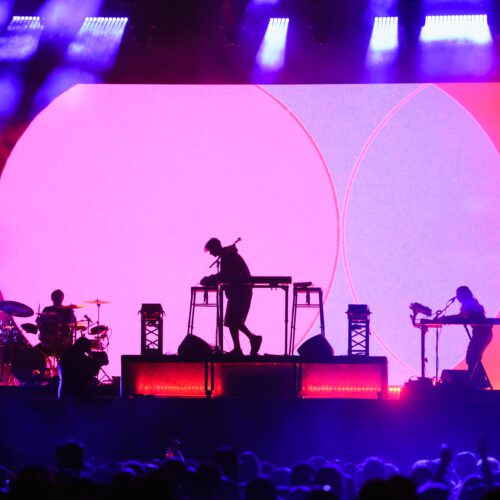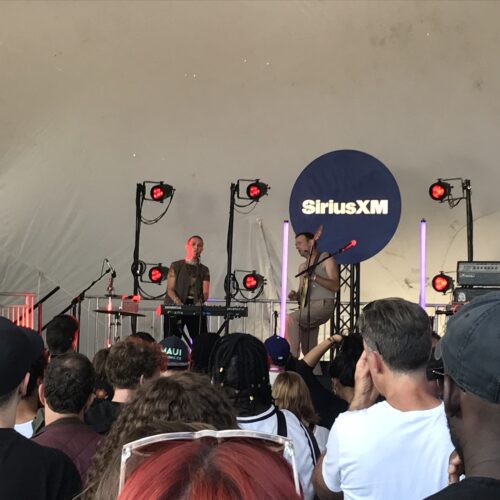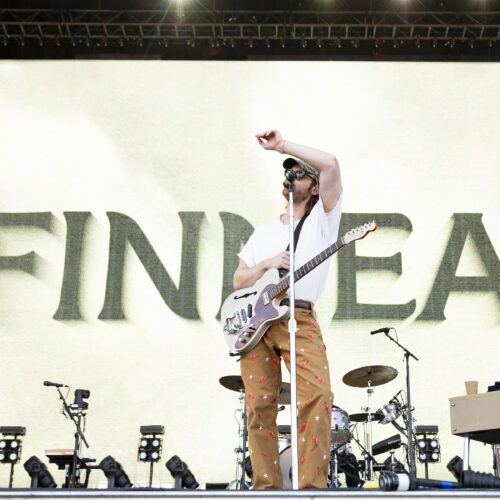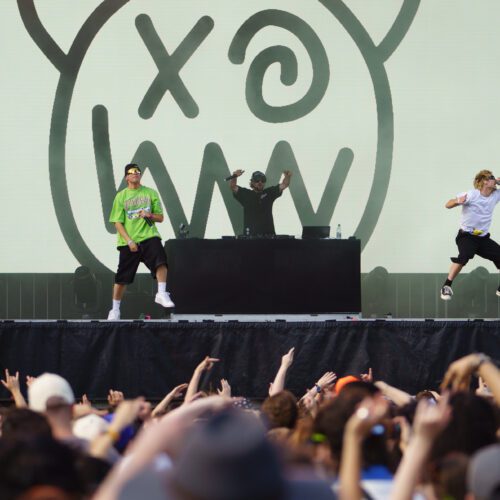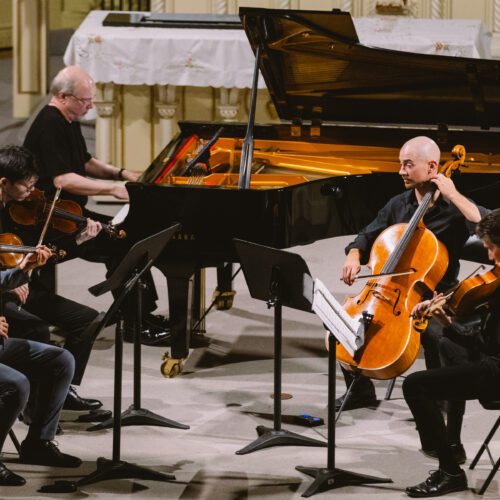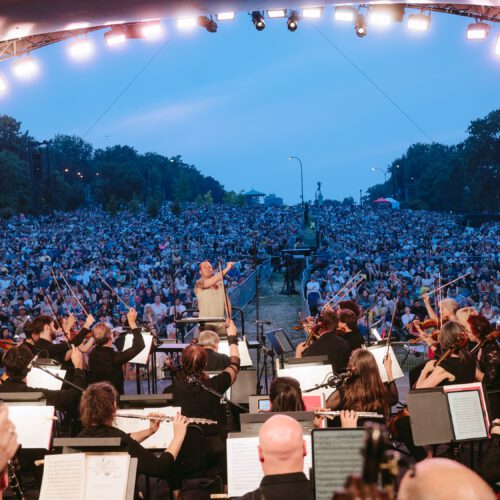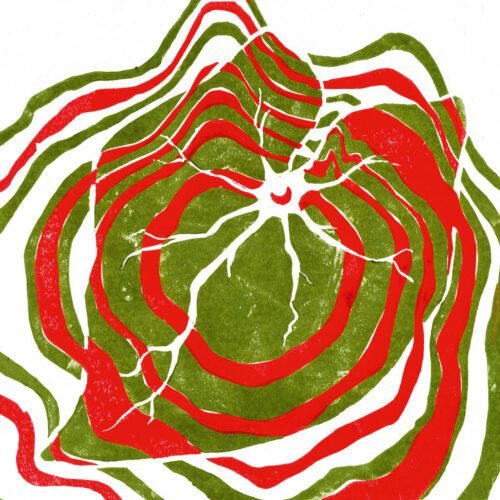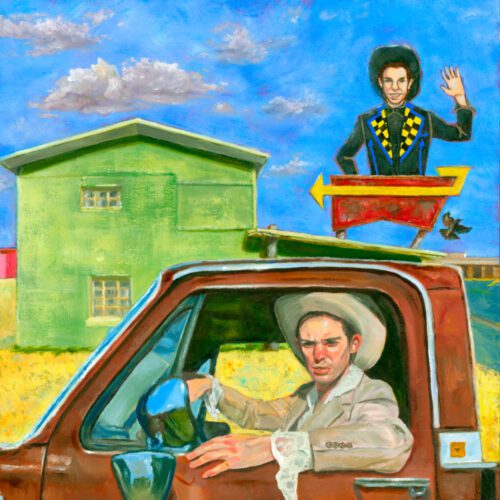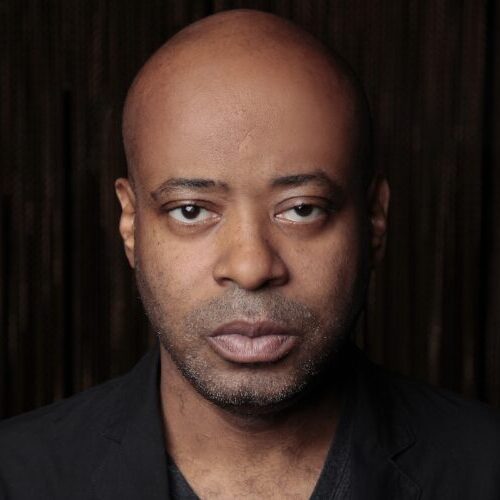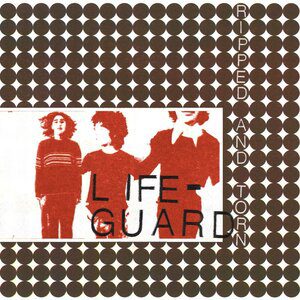One might have feared a has-been’s failed rendezvous. Daby Touré hasn’t made an album in a decade. He may have claimed to have composed enough material for three new albums, but we couldn’t vouch for this, as we’d never heard any of his previously unreleased songs. With these doubts in mind, it’s fair to say that the West African artist still had enough aura left to reboot and recreate the buzz around him.
Having been taken under Peter Gabriel’s wing a quarter century earlier remains a trump card, at least powerful enough to attract mainstream media and add fans to those who hadn’t forgotten his talent.
Obvious talent. I have no idea what Daby Touré’s working abilities are, but his acute intelligence and singular vision of the world are undeniable.
So we were able to reconnect with his “classics” from albums released from the zeroties to 2015, and remember him as a seasoned melodist, an inspired riffer, a percussionist for guitar soundboards (the Godin had better watch out, its owner uses it like a frame drum!), a charismatic communicator, a naturally gifted singer, and a switched-on improviser who knows how to extend grooves with his musicians, all locals. Guitars, bass, drums/percussion, vocals: all the members of this new quartet hail from Africa (Ivory Coast, Cameroon, Senegal, Mauritania), and all are professionals of the highest calibre.
What interests us most about Daby Touré is his blend of modern West African music (Soninke, Peulh, Moorish, etc.) and more Western folk-pop-rock. With him, we’re here and there at the same time. A little more over there from the outset, but also at home, because the music of home also engraves the stones of this edifice inhabited by the spirits of music.
The fact that Daby Touré has regained the energy to get the machine going again, and to already offer over two hours of concerts to a multi-generational Nuits d’Afrique audience, is excellent news in itself.
Photo: M Belmellat
